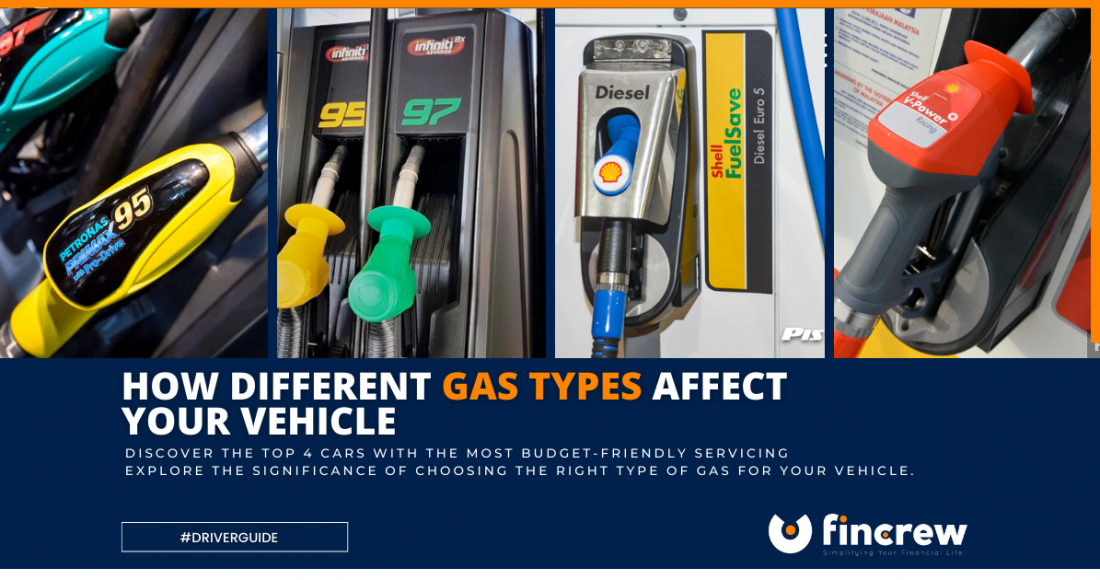You are a responsible car owner and want to do what’s best for your vehicle. That includes choosing the best type of gas, but that’s not an easy task. Every time you stop at a gas station, you can’t help but wonder which kind of gas you should use? Does it even matter, and will the car perform differently depending on the gas option you select? Our experts prepared a detailed guide on what you should know about the fuel you put in your car. Here is how to decide on the best option!
What Is Octane And How It Affects Fuel Quality?
Here is an example – you sit behind the wheel and start your car. Initiating the ignition leads to a spark, and the car begins combining in your engine. That’s how your vehicle gets the power to move. The octane rating shows how easy it is to ignite the combination of fuel and air. If used with a high rating fuel, that minimizes the risk of pre-ignition. It’s what happens when air and fuel ignite earlier than required.
How can you notice if you use a lower octane rating than necessary? The first step is that you hear knocking coming from the engine section. If pre-ignition happens, it might lead to various problems, such as engine damage. Apart from that, the fuel use won’t be optimal, which means you’d be spending more gasoline, and that indicates a bigger hit to your budget.
You Don’t Want To Overpay When There Is No Need For It
Would you like to know what type of gas is the best for your vehicle? If that’s the case, you want to consult the manufacturer or check the product instruction. The general rule is to aim for the highest possible octane rating suitable for your car.
Here is the kicker – not all cars require premium gas with higher octane models. Some older or smaller vehicles might require only 87-octane gas. If that’s specified in the instructions, there is no need to go for a 93-octane rating. You will end up paying more for the gas, and you won’t get better performance or preserve the engine. Vehicle instructions might also indicate that different rates are suitable for your vehicle. For example, the indication might be to use 91-93 octanes. If that’s the case, you want to go with the best possible option. First, the car will perform better on the road, which means it will be more pleasant to drive it.
An even more important thing is that you’ll be doing what’s best for the engine. If you use lower quality fuel than specified, you might compromise the vehicle’s performance and components. You could be saving on gas, but car maintenance will cost much more in the long run.
It’s All About Finding a Suitable Option
Allow us to underline once again – it’s vital to use the right fuel for your vehicle. If you go with a lower octane rating than required by your car, that could cause various problems, including bigger fuel use than usual and engine damage.
However, there is no need to overpay if your vehicle doesn’t require premium gas. That’s why you want to consult the instructions or an expert. They will tell you which gasoline is the most suitable for your car. That’s the category you want to stick to until you replace the vehicle.





